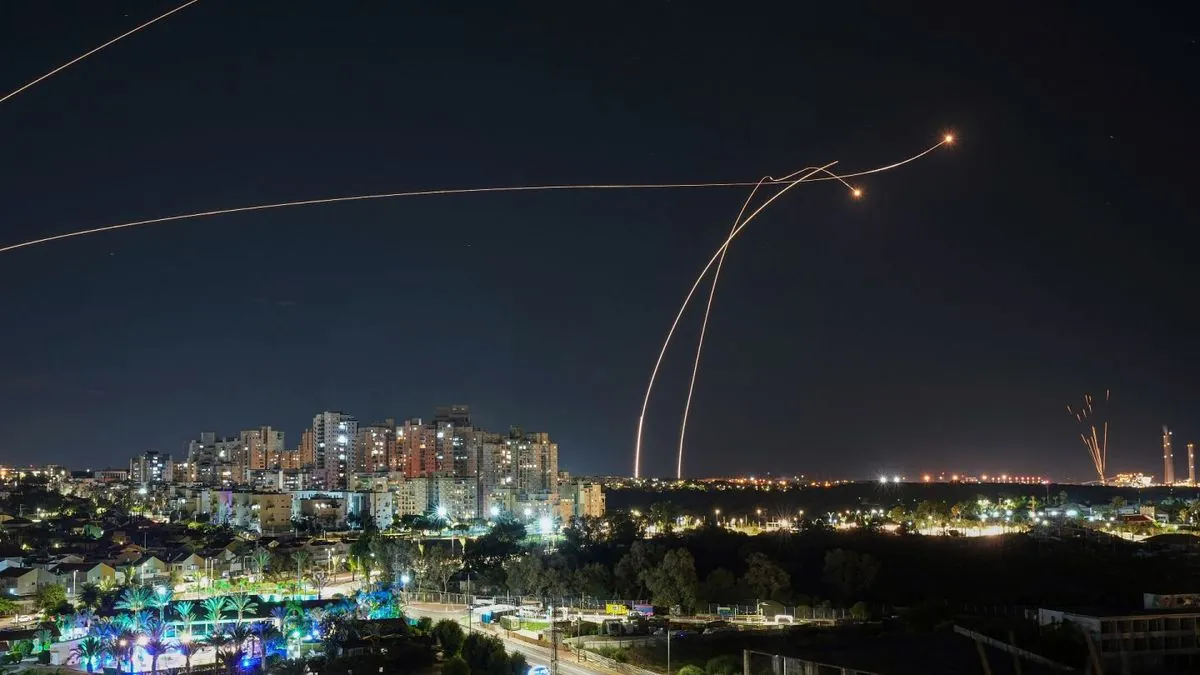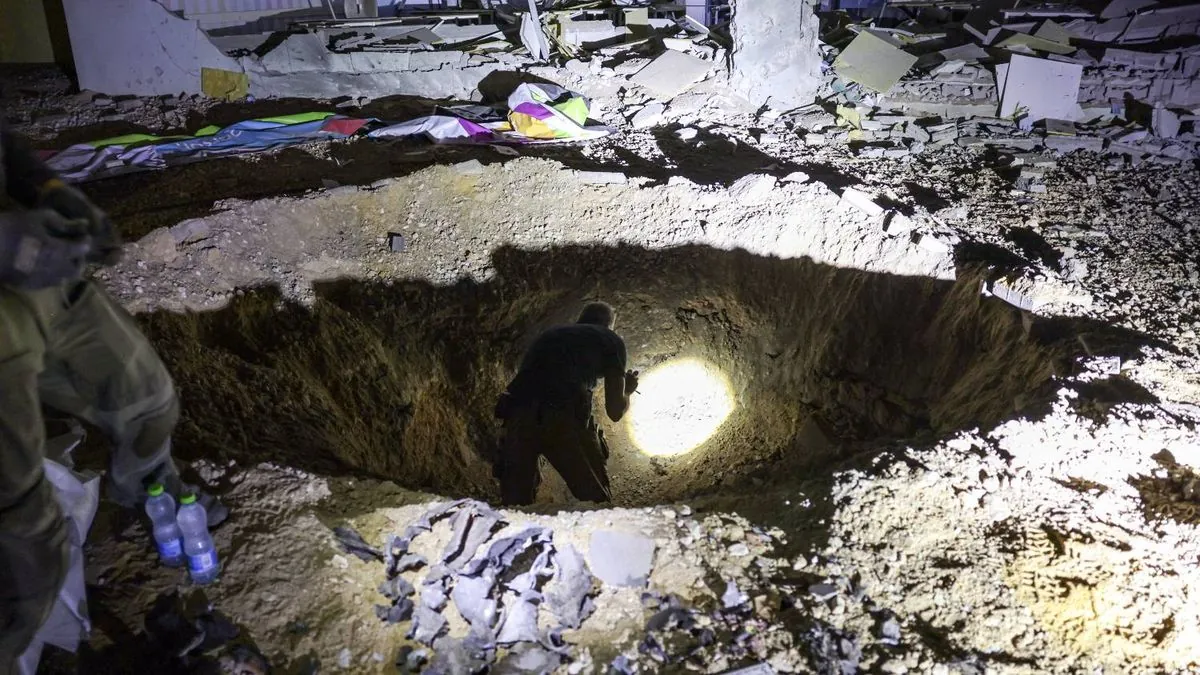Israel Weighs Response to Iranian Missile Attack Amid Regional Tensions
Israel considers its options following a largely intercepted Iranian missile attack. The incident has heightened tensions in the Middle East, with international allies supporting Israel while seeking to prevent wider conflict.

In the aftermath of an Iranian missile attack on October 1, 2024, Israeli officials are deliberating their response to what they perceive as a significant provocation. The assault, involving over 180 ballistic missiles, was largely thwarted by Israel's advanced air defense systems, with assistance from the United States, Britain, France, and Jordan.
Benjamin Netanyahu, Israel's Prime Minister, addressed the nation, stating that Iran had made a "big mistake" and would face consequences. The attack, which came in retaliation for recent Israeli operations against Iranian-backed groups, sent millions of Israelis to shelters and inflicted psychological stress on the population.
Despite the extensive interception efforts, some missiles breached Israel's defenses, causing scattered damage:
- A missile struck near a school in Gedera, south of Tel Aviv
- Another landed close to a military and Mossad base on the outskirts of Tel Aviv
- The Nevatim military air base in southern Israel was hit by at least six missiles

The attack resulted in minimal casualties, with two people sustaining light injuries from shrapnel in the Tel Aviv area. Tragically, a Palestinian man in the West Bank city of Jericho lost his life due to a large missile fragment.
As Israel contemplates its next move, the international community, particularly the United States, is working to prevent further escalation. Joe Biden, the U.S. President, expressed full support for Israel while emphasizing the need to avoid a wider regional conflict.
The Israeli security cabinet is reportedly discussing "significant" options for retaliation. These may include potential strikes on Iran's oil industry or nuclear program. However, the Biden administration is likely to urge restraint, as it did following a similar incident in April 2024.
The situation has reignited debates about regional security and the potential for a broader conflict. Analysts suggest that while Iran may not seek sustained confrontation, pressure has mounted on Tehran to respond to recent losses suffered by its allies, including Hezbollah in Lebanon and the Houthis in Yemen.
As tensions simmer, the international community remains on high alert. The incident has underscored the complex dynamics of Middle Eastern geopolitics and the delicate balance required to maintain regional stability.
"The curse of Iran's unremitting aggression"
This latest episode in the long-standing hostility between Iran and Israel, which dates back to the 1979 Iranian Revolution, highlights the ongoing challenges in achieving lasting peace in the region. As Israel's Iron Dome system, first deployed in 2011, continues to play a crucial role in the country's defense, the international community watches closely to see how this situation will unfold in the coming days and weeks.


































